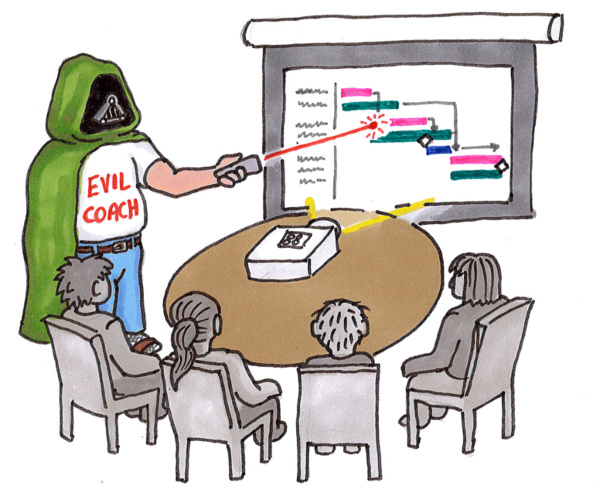So you have a LARGE backlog and you have decided that you need to estimate it.
Not on board? Still undecided? Go read my previous post on the tradeoffs between estimating and not estimating large backlogs.
Still reading? Ok, let’s get to it!
You can do larger scale estimation in MANY ways. What I will share with you here is just one way I have found to do it effectively, with enough accuracy at a reasonable cost. It requires some pre-conditions, such as having a team with an established way of working and some way of estimating on the team level, so it may not fit your situation. But if it does it is probably worth your time to check out.




